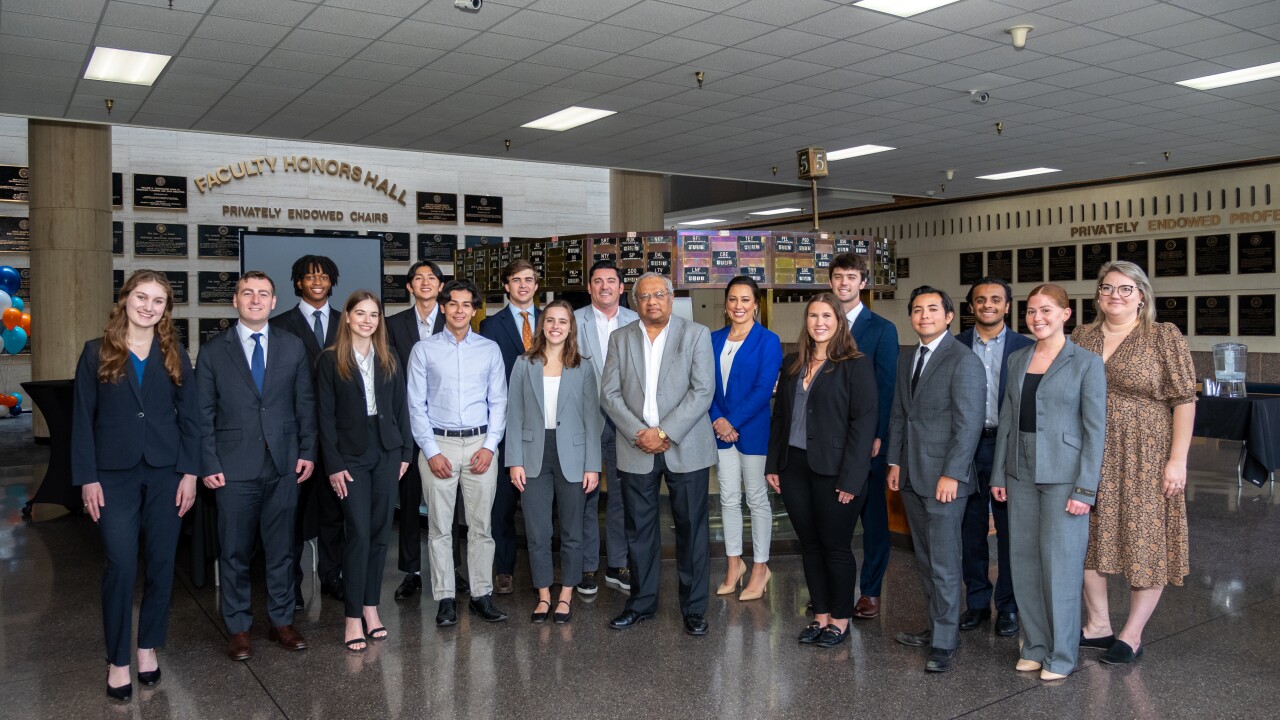Workplace plan sponsors are increasingly doing more than just overseeing 401(k) accounts.
The survey of 1,144 plan sponsors found their primary concern is whether their plan is adequately equipping participants for financial security in retirement. In addressing this concern, plan advisors have become an essential resource.
A vast majority of plan sponsors — 92% — report working with an advisor or consultant, but until recently, that role was largely confined to issues of
READ MORE:
Across the 93% of plan sponsors who offer a financial wellness program, more than half have implemented their program within the last year, according to Fidelity. Advisors are central to that push. A plurality of sponsors said that they would like their advisors to provide
"We're seeing plan sponsors seek more engagement from their advisors to impact participant saving and engagement, especially through financial planning and wellness programs," Christopher Alpaugh, head of defined contributions investment only sales group at Fidelity, said in a statement. "With investment menu options and compliance policies quickly evolving, it's not surprising that sponsors are leaning on their advisors to be the steady hand helping keep participant success in focus."
For advisors working with plan sponsors, exactly what that expanded education looks like can vary from one plan to another.
For Jeffrey Roe, founder of JDR Wealth Management in Oxford, Michigan, two of his firm's most successful offerings for plan sponsors are a lunch webinar series covering various aspects of financial planning and dedicated two- to three-hour sessions to answer individual questions from participants. Topics have included cash flow, saving strategies,
"My experience is sponsors and business owners are offering their plans for employee well-being," Roe said. "Without proper education, there is a chance the participants won't maximize their benefits for their own future."
A well-meaning initiative with broader implications
As 401(k) balances continue to grow, advisors say it's crucial that employees are educated on how to effectively manage their portfolios. But the expanded education offerings from workplace plans that make that possible could have adverse consequences for advisors down the road.
Gregg Collier, an investment management consultant at Edgewater Family Wealth in Orlando, Florida, said that as workplace plans become a more comprehensive destination for financial planning, advisors may have difficulty convincing some investors that it's worth it to work with an individual advisor.
For example, Collier said his firm had worked closely with a participant at one of the businesses they serve, regularly stopping to answer his questions. Yet when he retired, he rolled his account into an Empower IRA — the workplace plan's recordkeeper — before his team could discuss other options.
"We didn't get an opportunity to talk to him about his other options and everything else, because, you know, it's online. It's part of their system," he said. "Click this button and everything's done."
Still, even as
"Once people get a little bit more than that, they get a little more serious with their money, and they want to make sure that they're, you know, maybe talking to somebody that's more local," he said.
A fiduciary caveat to workplace plan education
Advisors say that even expanded education offerings within workplace plans simply can't compare to working with an advisor directly, thanks in part to regulatory limitations
"Strictly in a workplace setting, you don't have the ability to offer specific guidance," Roe said. "You are stuck explaining considerations, but not directly the impact to the individual."
Under the Department of Labor's
Those limits can be a double-edged sword for advisors: They restrict how easily advisors can assist plan participants, but they also highlight the distinction between the general education offered through workplace plans and the personalized guidance available from an individual advisor.






